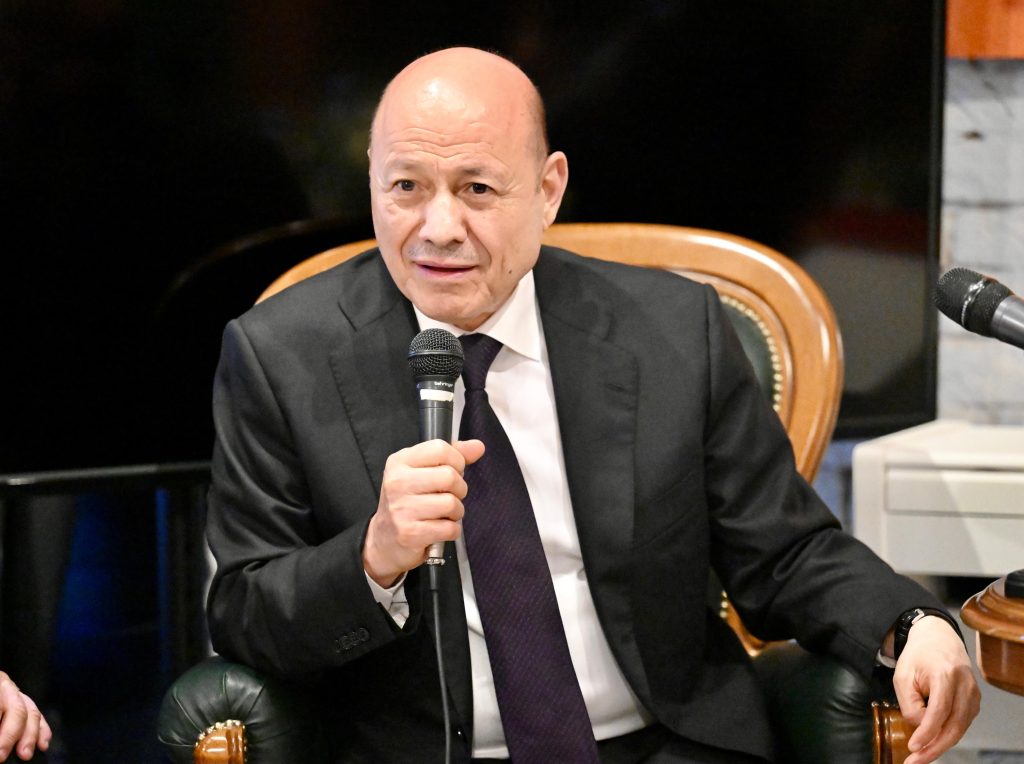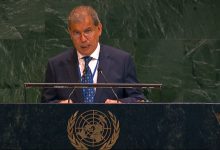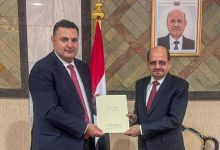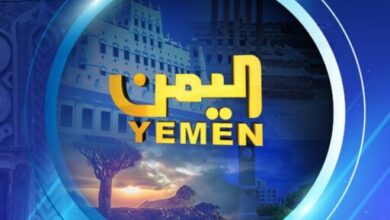The head of the Leadership Council at the Institute of Oriental Studies warns that Iranian expansion poses a threat to global peace and security.

President Alimi Highlights Importance of Yemen-Russia Relations
In a recent discussion organized by the Institute of Oriental Studies at the Russian Academy of Sciences, President Dr. Rashad Mohammed Alimi emphasized the need to thoroughly study and analyze the longstanding relationship between Yemen and Russia.
Historical Significance of Yemen-Russia Ties
President Alimi stated that the relationship between Yemen and Russia is not a fleeting one. He noted that it ranks among the oldest diplomatic ties established by an Arab nation with the Soviet Union, characterized by deep mutual respect and significance in the hearts of Yemenis.
He recalled that Yemen was one of the first Arab countries to engage with Moscow in the 1920s, when the first Soviet ship arrived in Hodeidah, carrying essential goods. From that moment, the relationship evolved beyond mere trade into a partnership marked by historical solidarity and cultural exchange.
Support During Key Historical Moments
The President highlighted that when Yemen abolished the imamate through the revolution of September 26, Moscow was the first to recognize the newly established republic. Additionally, when South Yemen gained independence, the Soviet Union played a crucial role in supporting the formation of a civil state.
He elaborated on Russia’s contributions to Yemen’s infrastructure, mentioning the development of ports, cement factories, and universities that have educated tens of thousands of Yemenis. Many of these individuals still cherish their memories of Moscow.
A Call for Understanding Yemen’s Current Challenges
President Alimi expressed confidence that Russia, which has been a partner in Yemen’s development, will also stand by the country during its current struggles. He described the ongoing challenges as stemming from a theocratic, sectarian project that rejects the principles of statehood and law.
He criticized the lack of accurate understanding regarding Yemen’s situation, pointing out that misleading narratives persist in some international circles. These narratives often portray the Houthi movement as a "wronged group" that can be integrated through political compromise. In reality, he argued, the Houthis represent an armed ideological organization that rejects any form of civil state or equal citizenship.
Misconceptions About Houthi Threats
The President warned against categorizing the Houthis as a temporary threat linked to the repercussions of the Gaza conflict. He asserted that this view is fundamentally flawed. The Houthi militias pose a persistent and structural danger to Yemen, the region, and international maritime routes.
He noted that acts of piracy, mine-laying, and ship hijacking in the Red Sea are not new; they have been recurring tactics employed by the Houthis for years, even during ceasefires and negotiations.
Criminal Behavior and International Response
President Alimi compared the Houthis’ criminal actions to those of groups condemned by Moscow, including attacks on airports, ports, and civilian structures. He criticized the international community for offering concessions to the Houthis while labeling the legitimate Yemeni government as weak or divided, despite its control over approximately 70% of Yemen’s territory.
The Need for Statehood and Legitimacy
The President called for a restoration of the principles of statehood in opposition to claims of divine right and sectarian governance. He emphasized the importance of supporting legitimate institutions against illegal groups, a principle that aligns with Russia’s stance in its fight against terrorism globally.
Yemen’s Stance on Palestinian Rights
President Alimi reaffirmed Yemen’s commitment to the Palestinian people’s right to establish an independent state and condemned Israeli aggression. He rejected any attempts to use Yemen’s position to justify Iran’s actions in the region or to advance its agenda through proxies in Yemen.
Concerns Over Iranian Influence
He warned that Iranian expansionism threatens not only Yemen but also disrupts the balance in the entire Red Sea and Horn of Africa region. He expressed concern over the close ties between the Houthis and terrorist organizations like Al-Qaeda and ISIS, indicating a potential reformation of transnational terrorist networks.
Conclusion
The discussion was attended by several key figures, including Foreign Minister Dr. Shaea Al-Zandani, military and security advisors, and Yemen’s ambassador to Russia, Ahmed Salem Al-Wahishi. The dialogue underscored the importance of understanding the complexities of Yemen’s situation and the historical ties that bind it to Russia.
To follow the news in Arabic


